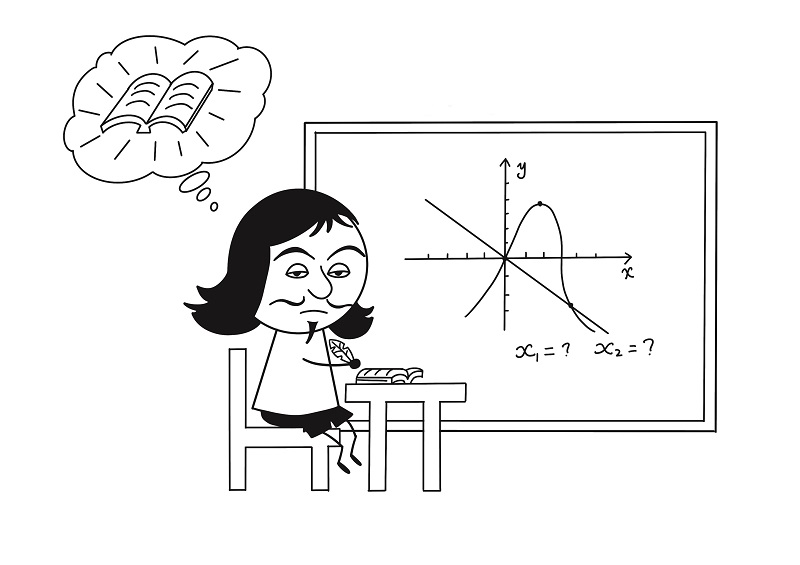Future in Metaverse

A naughty boy breaking a window in the virtual world once causes his neighbor to spend 10 minutes cleaning up broken glass in real life. According to a smart contract in the metaverse, the neighbor receives automatic compensation from the boy’s parents half an hour later. The sci-fi story may come true soon.
The two volumes of the “Metaverse” book series, Illustrating the Metaverse and Designing the Metaverse, co-compiled by ZimiLab and 2140 Team, look for clues in the development of human civilization, especially development since the post-internet era, to analyze the metaverse from 11 dimensions. The books take readers into a digital space, where the virtual and real worlds coexist, to unlock a new human civilization.

Israeli historian Yuval Noah Harari wrote in his book From Animals into Gods: A Brief History of Humankind that human society has largely been driven by mankind’s capacity to believe in “fictions.”
There is also a thought-provoking concept in the “Metaverse” book series. “Essentially, the metaverse wants to tell you a story, a story yet to happen, a great fictional story, but it doesn’t say anything clear, so you have to make up all the details by yourself.”
Some believe the metaverse is so popular because it can tell a good story, project a beautiful vision, and wield the potential to create a “metanarrative.”

For example, Albert Einstein’s quest for a unified theory is the metanarrative of physics; René Descartes’ pursuit for a universal method of deductive reasoning is the metanarrative of mathematics; Gottfried Leibniz’s metanarrative was to design a universal and formal language; and Confucius’ metanarrative was “universal harmony under heaven.”
When the concept of the metaverse was first proposed, it didn’t trigger the heat it enjoys today. A major reason is that technology failed to caught up with the pace of imagination yet. However, over the past two decades, many seemingly impossible technologies have gradually emerged.

For example, 5G technology provides the communication foundation for the metaverse, while cloud computing provides algorithm support. Brain-computer interface and XR technology create a real immersive sense of the metaverse. Artificial intelligence realizes content generation for the metaverse. The digital twin system draws a virtual version of the real world. Blockchain provides authentication and trust mechanisms. These innovative technologies have gradually converged and undergone amazing changes, making it possible to realize a once-unreachable “metaverse”.

Metaverse-related concepts have blown up in recent years. The reason is also that the internet, as the most powerful globalization tool, has encountered a bottleneck period after enjoying decades of booming, and needs a new edge to inject vitality. And the metaverse could be just the thing to help break the bottleneck.
In the metaverse, science fiction is a major driving force. If people can imagine it, technology can realize it. The metaverse will further the development of the internet and evolve into a more advanced virtual world.
Through data simulation and design, the metaverse will boost globalization in the internet era. And as a more advanced virtual world, it will be editable and open to everyone and feature digital twins, virtual simulation, highly immersive social interaction, and creative entertainment. It will be the direction that the most avid internet users head.
The metaverse, which burst onto the scene in 2021, must have the potential of metanarrative. But is there a paradise on the other side of the metaverse? Will it create a totally new human civilization? We'll have to wait and see.